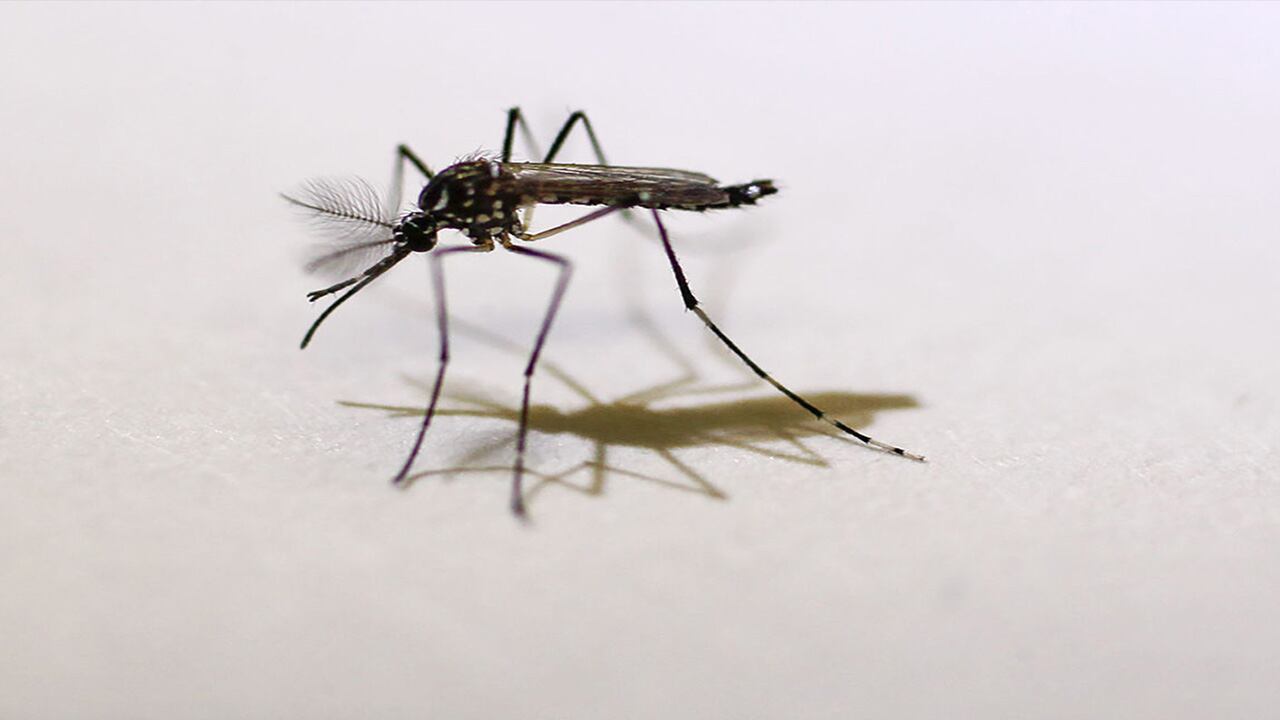Another disease to blame on mosquitos, in addition to Zika, dengue, chikungunya? The list of viruses infecting humans through pesky mosquito bites continues to increase: Keystone virus has joined the ranks.
What is Keystone virus? It's from a family of viruses known as the Bunyaviridae group. These viruses have been associated with encephalitis, an inflammation of the brain that can be fatal.
Where does it come from? The virus was first isolated in 1964 in samples from mosquitoes in Keystone, Florida. Little is known about it, except that is has been found in animals like white-tailed deer, raccoons, and squirrels. Though it was discovered in Florida, the virus has been found in coastal regions as far away as Texas.
How does it make people sick? A recent case report described a boy with signs and symptoms of an infection; he had Keystone virus in his tissue samples. Until then, it has not been known to make humans sick. It's not the first infection, since people who live in an area where the mosquito and virus are more prevalent have been found to have antibodies against the virus in their blood. That means people have been exposed to and infected with the virus, but no one seems to have previously reported getting sick from it. And no live virus had been found in humans until now. The virus is spread by Aedes atlanticus, a mosquito common in Florida and similar to Aedes aegypti, a mosquito known to spread viruses like dengue, Zika, and chikungunya.
How does a person know if they have it? Experts agree it most likely has some nonspecific signs and symptoms that are similar to other viral infections. The patient in the first reported human case had a fever and rash, which are common in viral infections. More research is warranted to see if there are any unique features of this disease in humans. Further details are unknown, but it is not currently viewed as life-threatening.
TRENDING STORIES:
How is it treated and tested? There is no current test, vaccine, or antiviral treatment for the virus. Further details about its transmission, who is at risk of getting it, its short and long-term effects on humans, and its severity still need to be further studied.
How is it prevented? If you can't fight the virus, fight the bite. It's recommended, especially this summer, to prevent mosquito bites by using insect repellent, staying in air-conditioned areas, wearing long-sleeved, loose-fitting clothes when outside, and using insect screens in windows, dormers, and vents. Communities should also continue mosquito control programs to prevent breeding and to kill mosquitoes.
Cox Media Group





